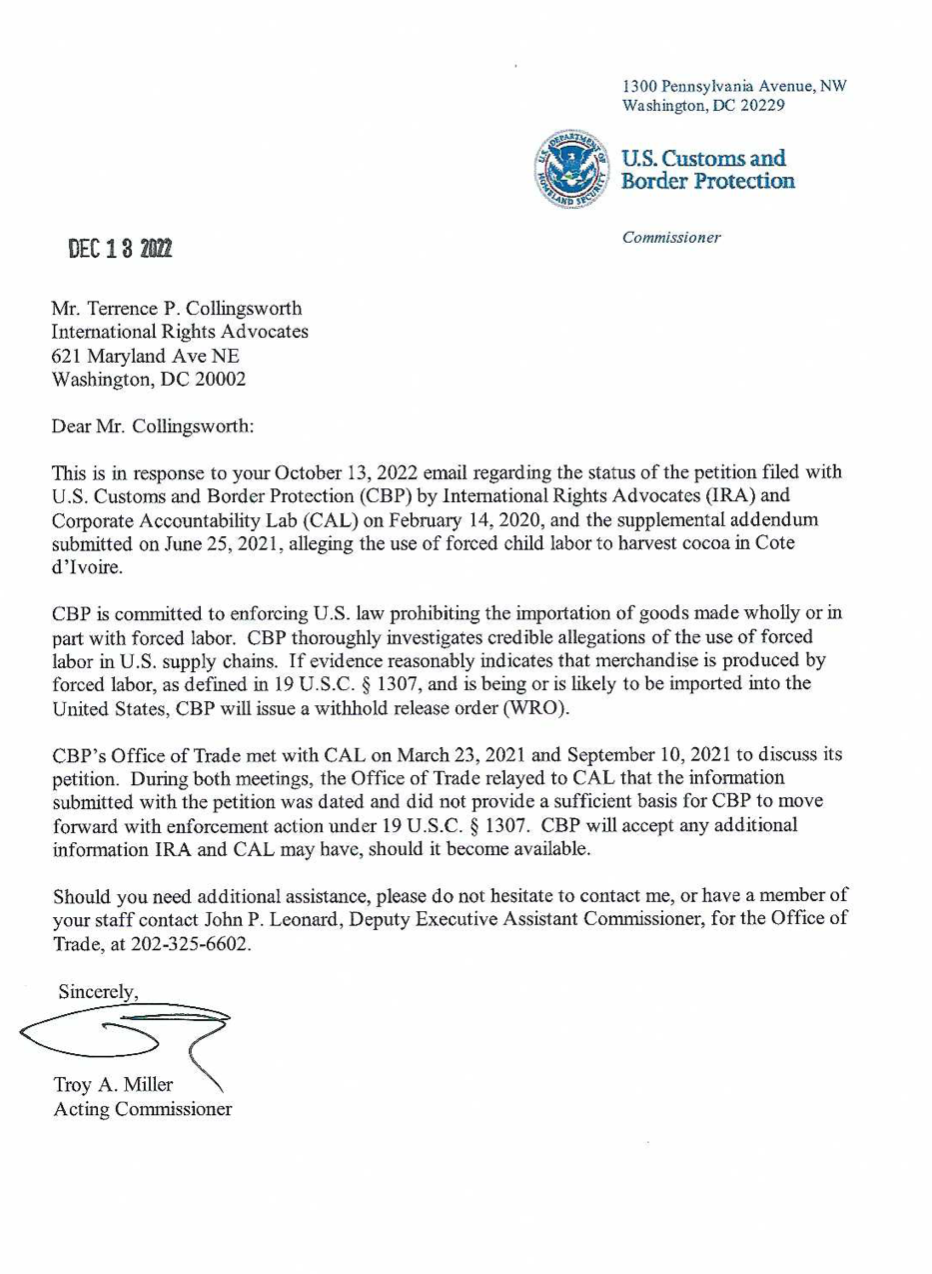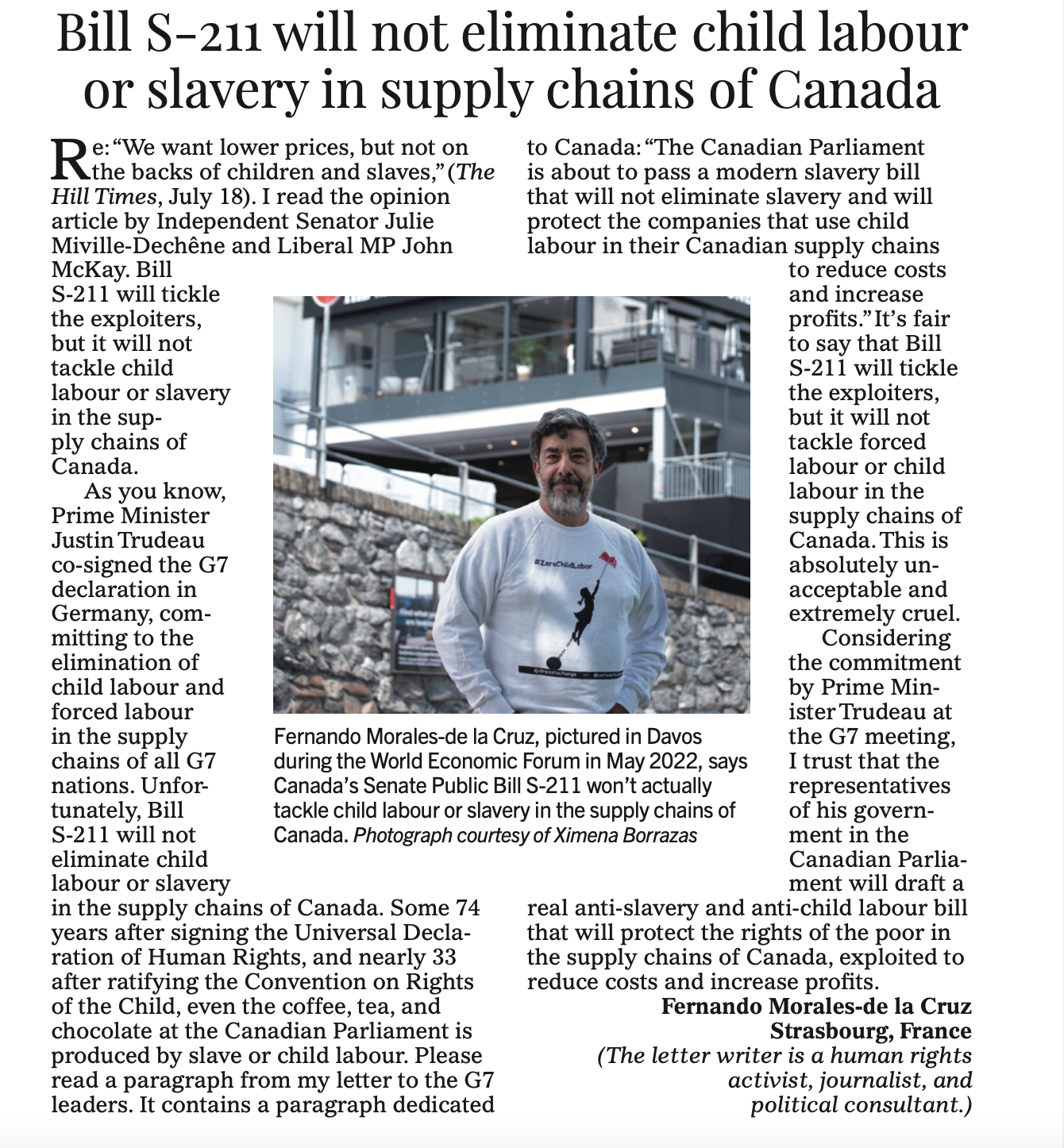SAO PAULO, Sept 26 (Reuters) - Commodities trader Cargill has been ordered by a Brazilian court to pay 600,000 reais ($120,185) as indemnity for buying cocoa from farms where child labor or forced work has been identified.
U.S.-based Cargill said on Tuesday it disagreed with the complaints and fine and would appeal the ruling to a higher court.
According to a decision dated Sept. 18, seen by Reuters, from the 39th Labor Court in the northeastern state of Bahia, Cargill was also ordered to add to its contracts with Brazilian cocoa suppliers clauses to end the commercial relationship if child labor or other unlawful working conditions occur.




